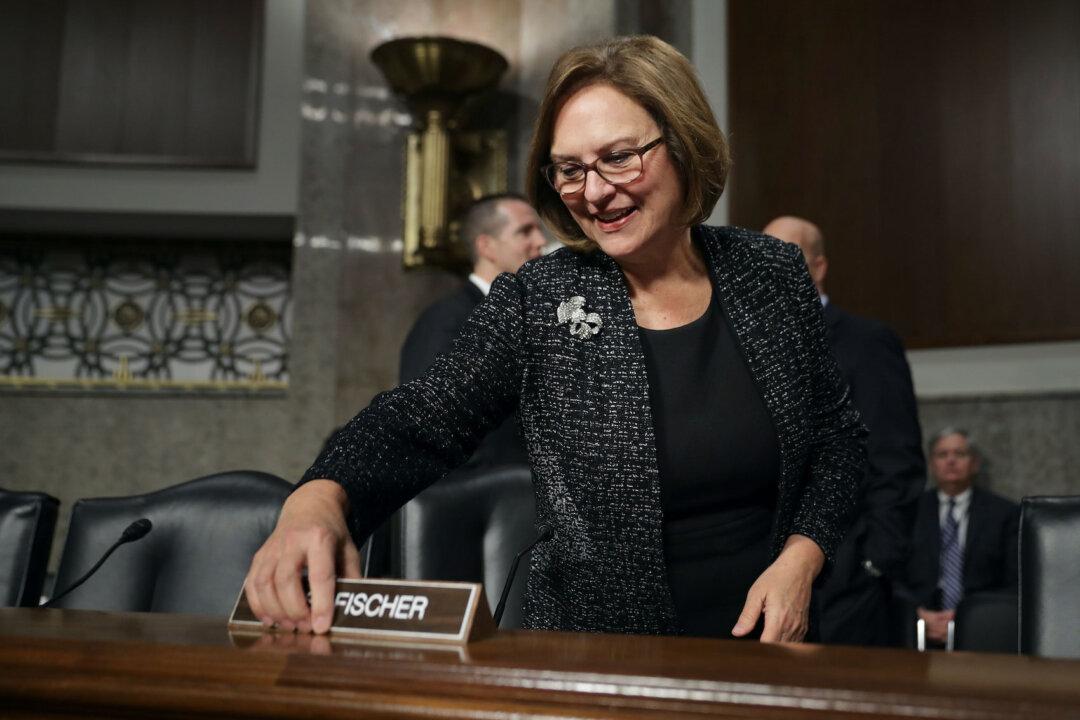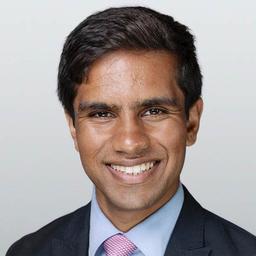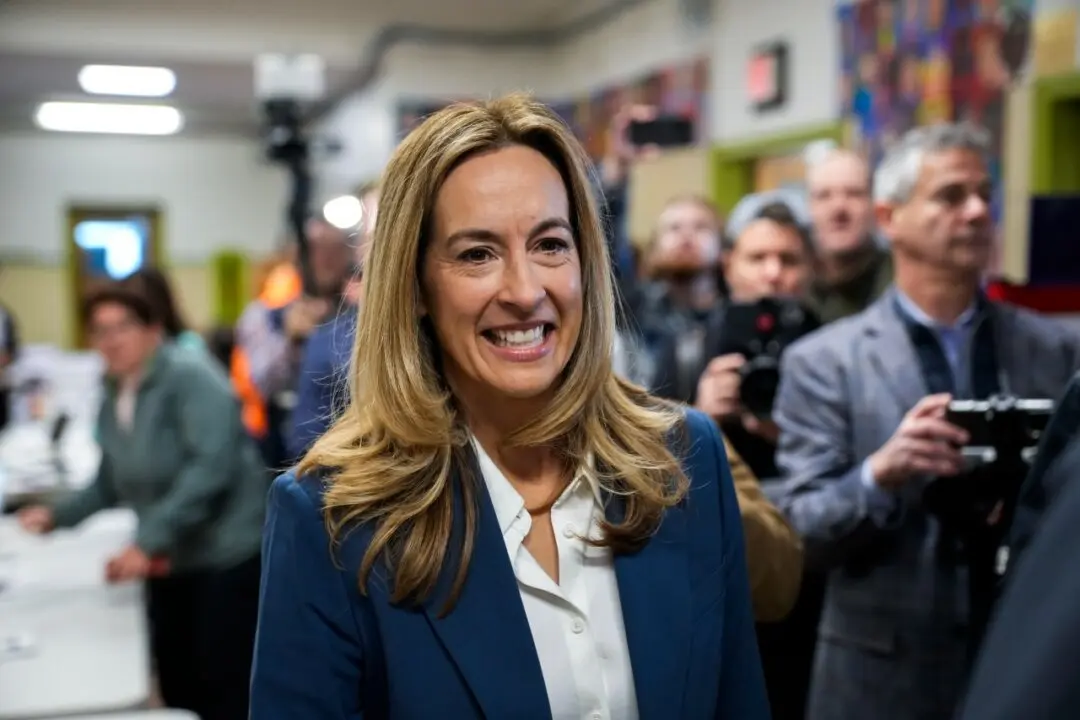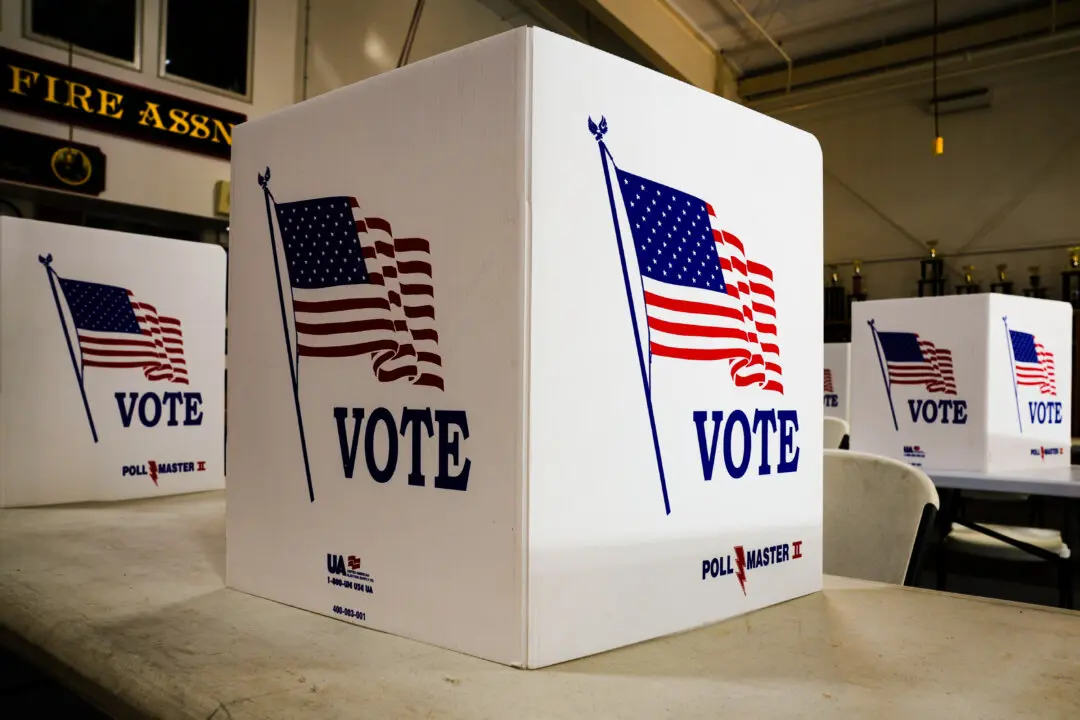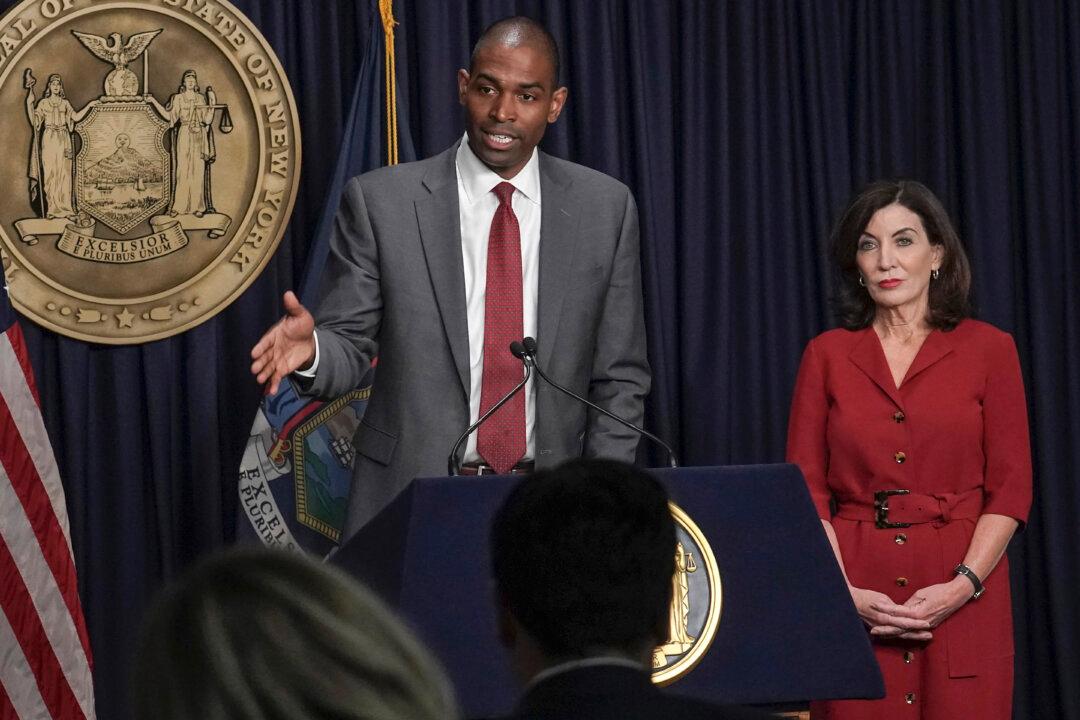Senate Republicans avoided a major defeat on Election Day as Sen. Deb Fischer (R-Neb.) was reelected to a third term from Nebraska, beating independent candidate Dan Osborn, who mounted a close challenge.
Fischer, the state’s senior senator first elected in 2012, had been leading in polls for most of the campaign until Oct. 1, when Osborn began to gain support, with some polls showing him slightly ahead.
